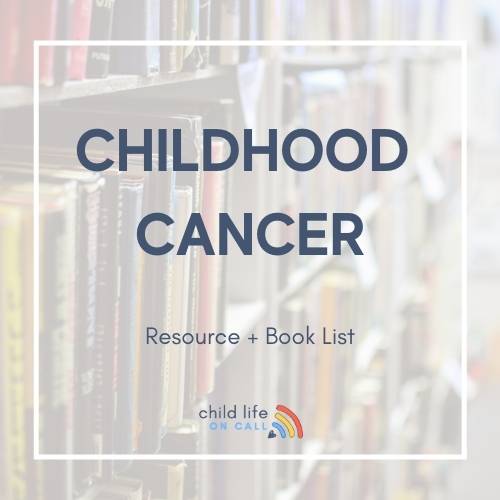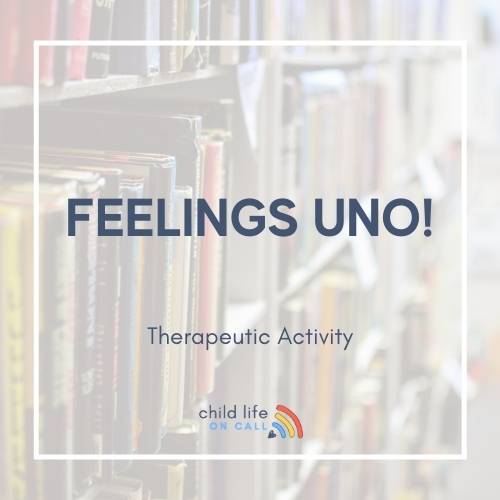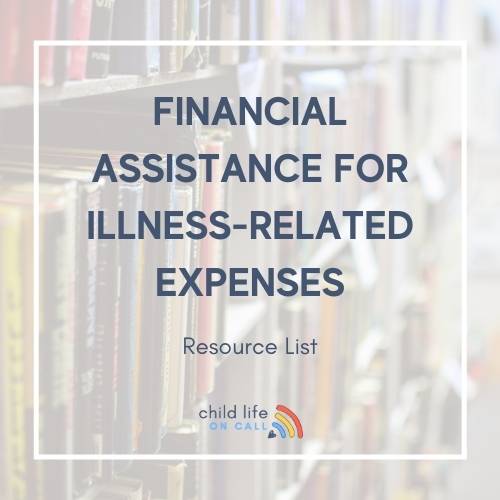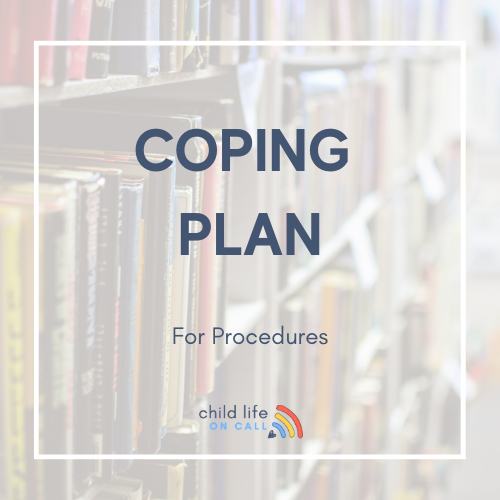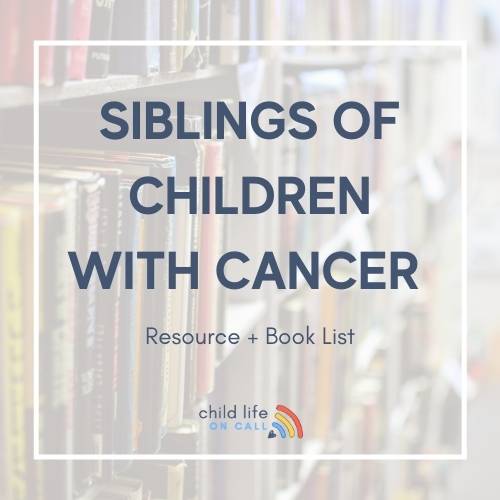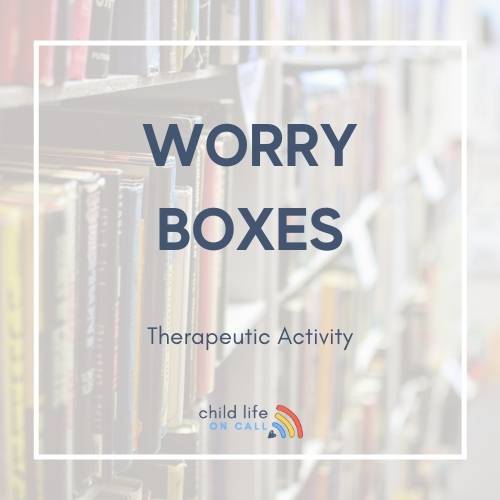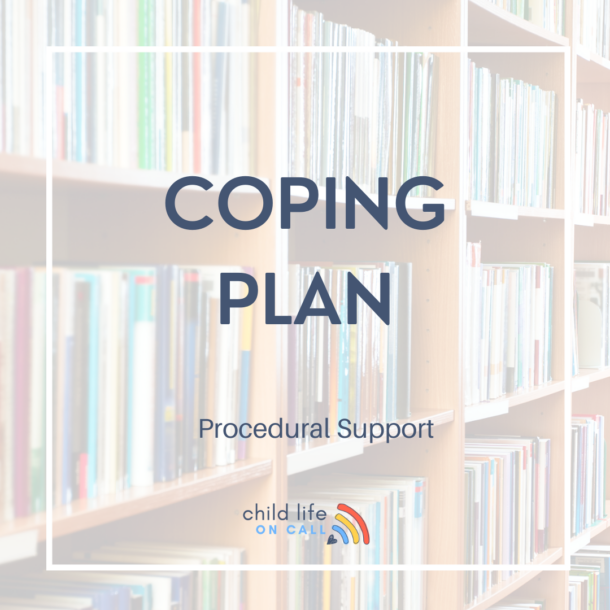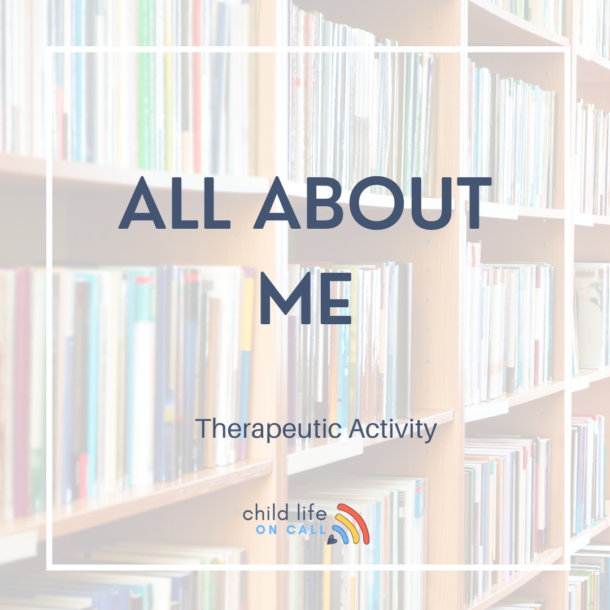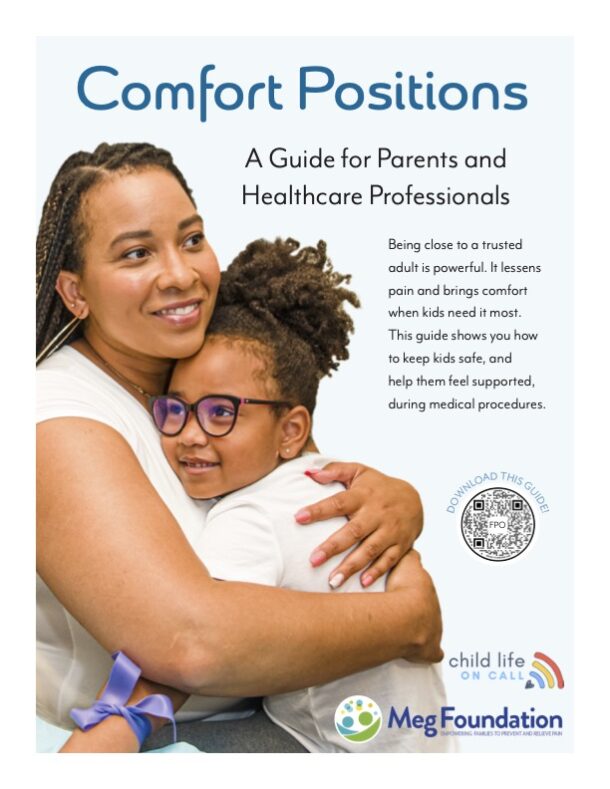“Choose hope because why would you choose the alternative?”
Jamie, now in her thirties and the Director of Child Life an Inova Children’s Hospital, recounts her story with her mother as the discuss her congenital heart defect and how she acquired HIV through a blood transfusion. By: Clare Kelley
Newborn Jamie has a heart murmur that just won’t go away. Her doctor wants to give it time to clear up on its own, but Jamie’s mom, Liz, is not comfortable with this plan. She starts having Jamie monitored by a cardiologist and one one day when Jamie is just 9 months old, something terrifying happens. She is crawling across the floor when her eyes roll back in her head and she passes out. Liz rushes her to the emergency room, but by the time they arrive, Jamie seems fine again. This begins five months of pure nightmare for Jamie’s family, filled with multiple episodes of Jamie beginning to crawl, going stiff, and passing out. By 14 months, the episodes are getting longer and scarier, but Jamie always seems well by the time they get to the doctor and nothing shows up on her EKGs or echocardiograms.
Thankfully, Liz is one strong mama who is not afraid to follow her gut and voice her concerns. She finally has the family doctor call the cardiologist and demand that they are admitted to the children’s hospital. The medical team tries to discourage Liz from having Jamie tested because heart catheterizations are so dangerous for infants, but Liz is determined to find out what is happening with her daughter’s little heart. They do the test and are shocked to diagnose Jamie with Tetrology of Fallow. For Jamie, this means there are holes between certain chambers in her heart and the way her valves function impede the amount of oxygenated blood that can get into her lungs. There is a very large obstruction in her heart that only became clear when Jamie began to be more active. It is such a large obstruction that she should not have been able to even sit up or walk.
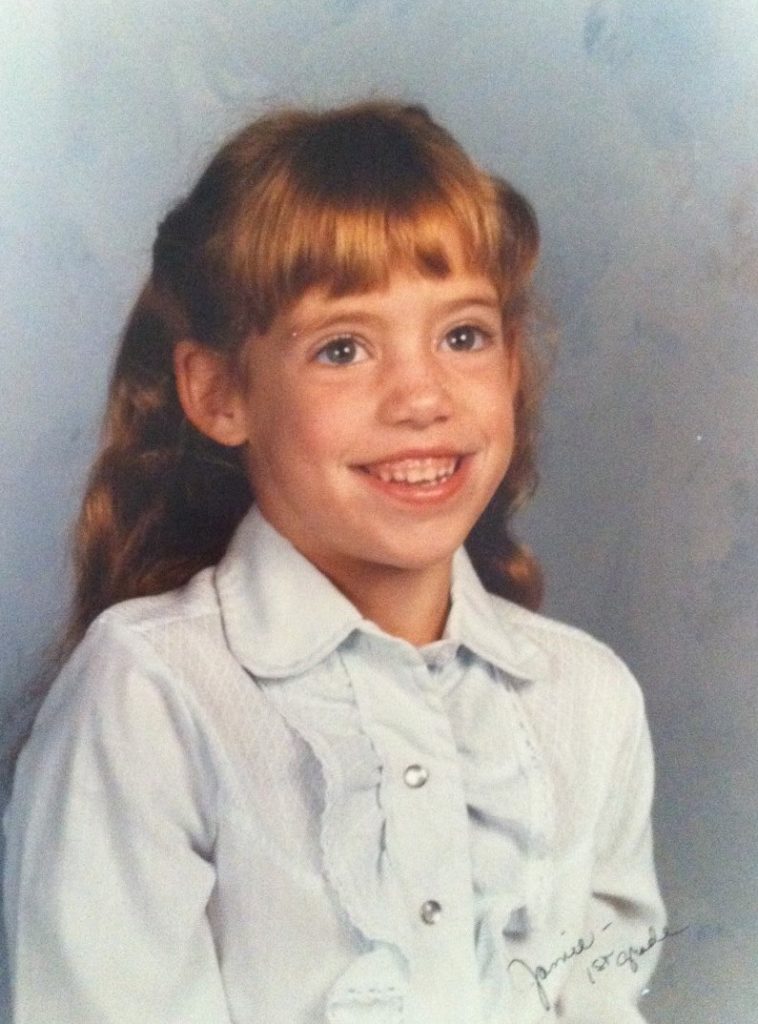
When Jamie suddenly passes out on the floor of the hospital, it is code blue. The doctors recognize that she needs immediate care and Jamie’s parents have to make a choice very quickly. The surgeon thinks Jamie is a strong candidate for open heart surgery. He wants to do this and spare her a second surgery down the line, but this procedure has never been successfully completed on such a young patient at this hospital. The rest of the cardiology staff recommends a safer bypass procedure known as Blalok’s shunt to get more oxygen into Jamie’s lungs and buy some time before open heart surgery. Jamie’s parents opt for the shunt and Jamie has a successful first operation.
Jamie is three years old when the time comes for her second surgery. She is rolling toward the procedure room on a stretcher with her mom and dad walking by her side. Everyone is walking very fast and she is staring up at all of the white fluorescent lights as they pass by. Then, the awful moment comes when she has to leave her mom and dad behind. She is so upset as she rolls into the very large, silver operating room with only her little stuffed cat to comfort her. A big square tent is lowered over her and Jamie is horrified to see a strange hose positioned directly over her face. Then, the anesthesia kicks in.
After the procedure, Liz walks into the recovery room and sees Jamie all wired up and covered with tubes. The medical team has prepared her and her husband for how everything will be, but it is still a shock. Jamie wakes up and is instantly comforted to see her mom and dad right there beside her. Liz is relieved to find out that the surgery has been successful! The doctor is even able to save Jamie’s valves and avoid giving her artificial ones which means she will not have to have any follow up surgeries to replace valves as she grows.
Jamie is supposed to recover in the ICU for at least a week, but she is so alert by the second day that they plan to send her back to the cardiology ward as soon as a room can be made ready. But several days go by and Jamie is still stuck in the ICU, even though she is so active that she manages to pull the pacemaker out of her heart. Finally, Liz just rolls her right out the door! The medical staff quickly get a nurse to straighten out her lines and soon a room is ready. Sometimes advocating for your child means taking action!
Jamie grows up in a medical world, unaware that her life is any different from what other kids experience. Overall, she makes positive memories with all the kind people who take care of her. Through these experiences, Liz becomes an expert on how to prepare Jamie well and advocate for explanations from the staff. Even when things are going to hurt, Liz never lies to Jamie and they always do something special after those tough times.
The toughest time for Jamie is when she gets the tape strips removed from the incision on her chest. There are so many strips and the tape is very strong and Jamie is very anxious. But when she makes it through, she gets her first real taste of Liz and Jamie’s favorite feeling in the world: relief.
Life goes on as usual until Jamie is about five years old and her mom gets a phone call from children’s hospital. They inform her that Jamie is in a risk group for HIV due to her many blood transfusions and the fact that she had been on a heart-lung machine during open heart surgery. Liz has no idea what to do with this information. She is told she can bring Jamie to be tested, but since there are no HIV medications for kids at this time and Jamie is happy and healthy, her parents opt not to have her tested.
Jamie stays healthy until age eight when she begins to get one infection after another. At this point, Liz schedules a cardiologist appointment to have her tested for HIV. A week or two later, she gets a phone call from the cardiologist with the news – Jamie had been infected with the AIDS virus from her open heart surgery. Liz can’t breathe. It feels like her whole world is stopping. How can she give Jamie the tools to get through this?
The first step is to tell Jamie what is going on. It takes a couple different tries and the help of one of Jamie’s favorite nurses, Dottie to really accomplish this. At the hospital, Jamie is terrified that they have come back for another surgery. When she and her parents sit down with Dottie, she listens about the “bug” in her blood. She hears that there is a virus that could make her sick so they have to monitor her carefully. Surprisingly, all this makes Jamie feel so relieved. Her greatest fear is surgery and that isn’t going to happen. Dottie tells Liz that Jamie will ask more questions in the next few weeks, but for two years Jamie never asks anything, even as they frequently monitor her T-cell count. Dottie tells Jamie’s parents about a program at NIH that is all about protocol and experimental drugs they are working on for kids. Though she is currently in a normal range of immunity, they put Jamie’s name on the waiting list just in case she ever has a low enough T cell count to qualify.
The hospital does not know exactly what to do with a young AIDS patient and sends Jamie to an ill-suited allergy doctor for care. In a private conversation with Liz, he sits with his hands behind his head and rocks back in his chair. “There are no medicines”, he tells her apathetically. When Liz asks how long Jamie has, he answers “probably about 2 years” with such nonchalance that it takes Liz’s breath away. A social worker comes in and promises to call in the next day or so, but never does. At this time in the 80’s, there is such a stigma around the disease. There are no specific medical professionals to care for them, no support groups, no networks, no ways to find out what is available… Jamie’s family feel so alone in this.
Two years later, Jamie’s immune system does begin to fail. Her cell count is low enough to qualify for treatment and thankfully she is now at the top of the waitlist at NIH. Since Jamie still has not asked any questions about her condition, Liz is determined to explain things again and make sure she is aware of exactly what is going on. She thinks, “If I have to be there when she’s going to die, I am not going to have her not trust me.”
This time, Dottie and Jamie’s parents tell her explicitly that what she has is the HIV virus that causes AIDS and finally Jamie understands. She is so sad and feels so helpless. Sitting on her mom’s lap, Jamie cries and cries until she can’t cry anymore. Looking up at her parents, she asks, “can we go to the zoo now?” Liz knows that Jamie has absorbed all she can for the moment. As they leave that second meeting, Liz, Jamie, and Dottie go skipping down the hallway Wizard of Oz style. HIV is a big, scary, awful thing that they have to face, but Liz has had two long years to figure out how to help Jamie through this, and what she figured out is that you just have to look at the glass as half-full. You might not be in control of how much time you have left, but you can control whether that time is full of happiness and hope. This is what guides Liz through everything and it is the lesson she teaches Jamie to get her through: “Choose hope because why would you choose the alternative?”
At the zoo, Jamie pulls her mom back and asks her point blank, “Am I going to die?” and Liz answers her honestly that she just doesn’t know. But at the same time, she promises Jamie that she will be there with her no matter what. This means everything to Jamie and it is the reason why she doesn’t need to ask a lot of follow up questions. She completely trusts her mom to take care of her. For Jamie, this is why they can skip down the hall, go to the zoo, and not have this scary thing paralyze them.
Jamie’s childhood is one of unique routine. She knows what to expect in her frequent hospital visits and she likes going to NIH. Everyone is nice, she gets one-on-one mom time, and she gets a day off from school. Some days are really tough because of testing and pokes, but they always get through. Jamie knows they have to follow a strict protocol of meds and appointments, but she has always lived in a medical world and is comfortable with that. It does get tough when she can’t do things like go to 6th grade camp because her medication protocol is too complicated for anyone but her mom to administer. However, Jamie can go to The Hole in the Wall Gang camp in Connecticut – a camp for kids with all sorts of medical challenges. At first Jamie is reluctant, but she has an amazing experience and loves every minute. At camp, Jamie discovers a whole other world of people and a whole new life without limits. She feels safe because there is a full infirmary there with doctors and nurses. She forms great friendships and comes back a completely different, more confident kid, but is still not ready to tell her friends all about it. Jamie’s parents always let her decide what she shares and what she keeps private. Jamie does not feel ashamed or pressured to keep things secret, she is just not yet ready to combine her separate lives. She does open up with one of her best friends in her senior year of high school and though this is a nerve wracking experience, it goes really well. The stigma around the disease has evolved – it is not as frightening to people as it was in the early years.
These days, Jamie is all grown up and loving her career as the director of Child Life Services at Inova Children’s Hospital in Northern Virginia. This is the perfect job for her because she gets to take everything people did for her growing up and pay it forward! She feels honored to help patients and their families understand and get through all sorts of medical experiences, and she is endlessly grateful for her mom. Jamie says, “This wouldn’t be happening if my mom hadn’t spoken up when I was younger. She saved my life and has been an unending support system from the day I was born to now.”
Liz once told Jamie, “If I had just known, I would have donated blood for you so you were not infected.” and Jamie answered, “Mom don’t wish that – I’ve had a remarkable life.”
Liz’s Advice for Parents
Advocate for your child. Don’t defer to medical experts without really having them hear your voice. You know your child best and all the tests in the world can’t replace what parents know. Some doctors are good at listening and some aren’t. You have to listen to your gut and keep saying what you think until it is heard because you are your child’s first line of defense. Whether you want the professionals to research what can be done, provide choices, or communicate with your kid, it is too important not to speak. If you need help finding your voice, there are support groups to give you guidance. It takes an effort, but choose hope. If you waste your current day assuming the worst, it really is just a waste. Have a little faith and know that sometimes medical science leapfrogs over you! Something that may seem really difficult today could have a solution to down the road.
Jamie’s Advice for Patients
Ask questions and tell people what you need. If you are growing up with a condition and going from child to adult care, that’s a lot to deal with. Build your support team and advocate for yourself. Make sure you’re on top of things and don’t leave it all in the hands of everyone around you because when you get older you will have to be your own advocate. Reach out for help and support. Listen, trust, and let people take care of you.

